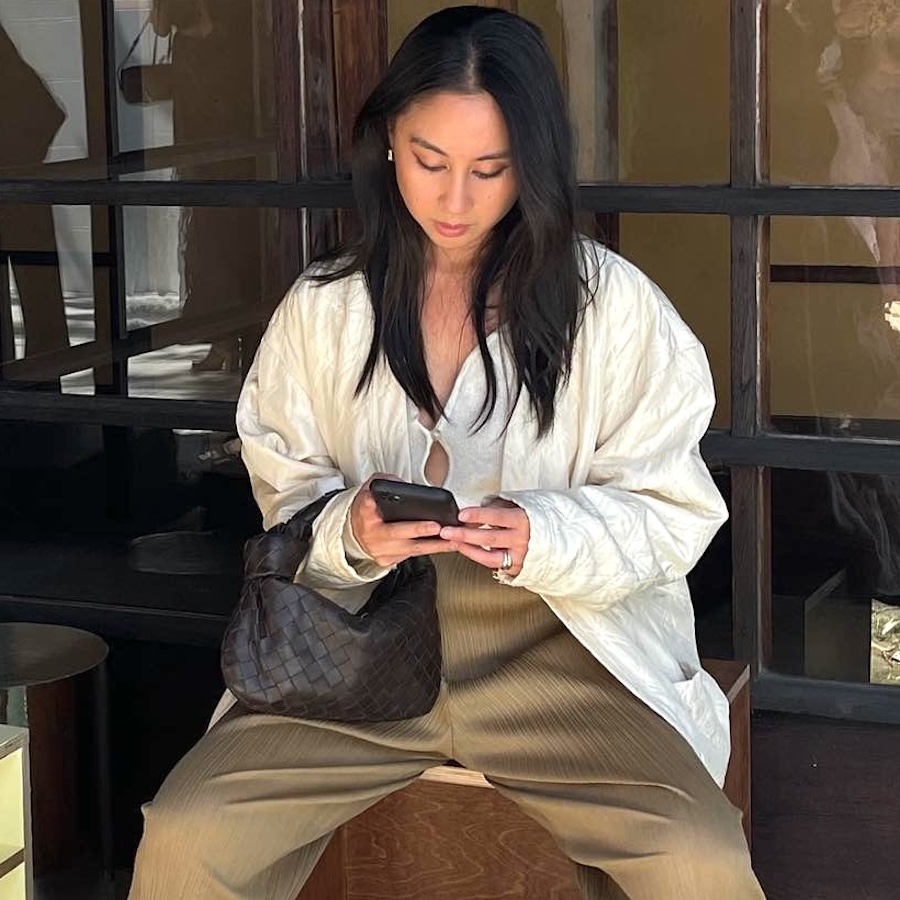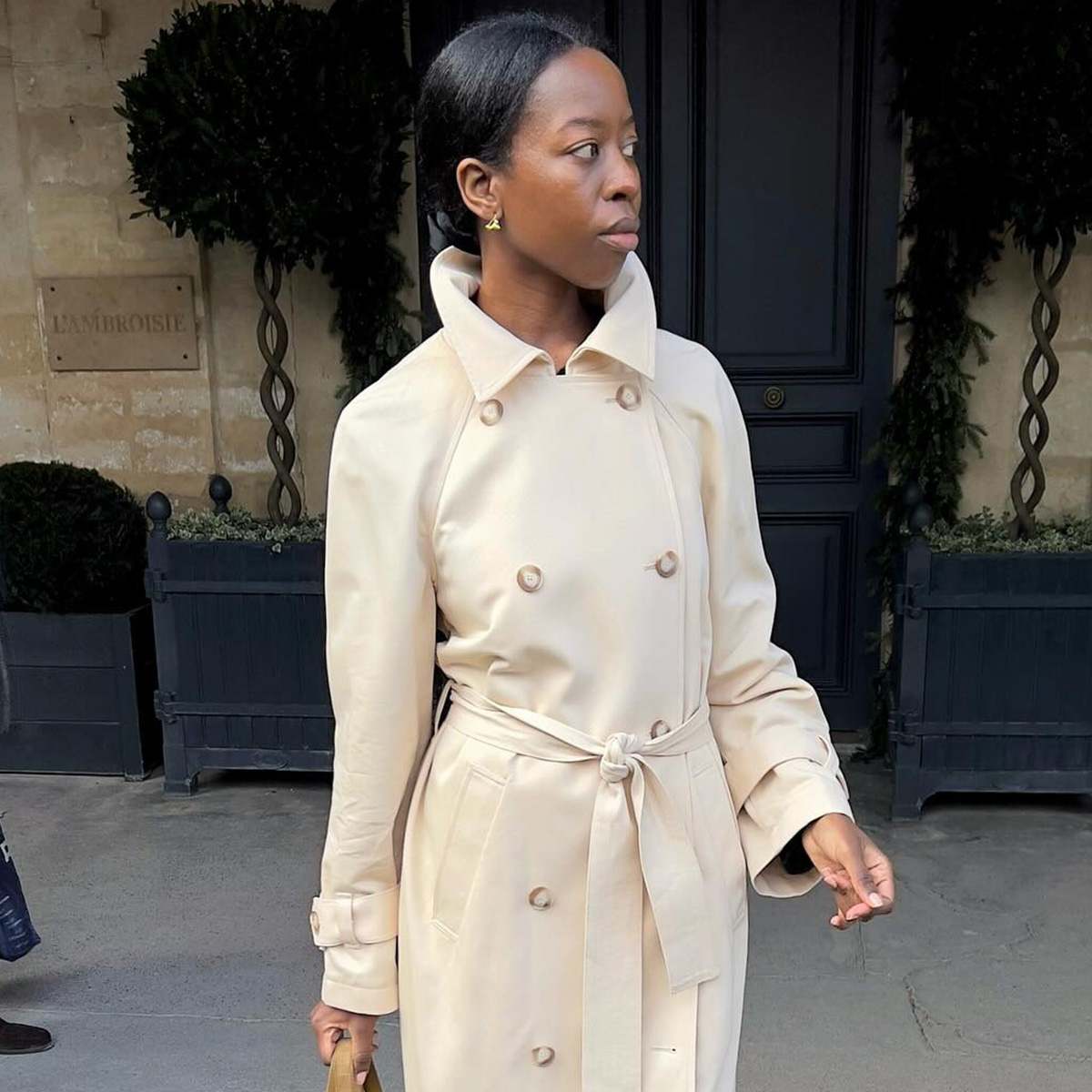Jameela Jamil and Leiomy Maldonado Are Just as Legendary as Their Show Suggests
Welcome to our new podcast, Who What Wear With Hillary Kerr. Think of it as your direct line to the designers, stylists, beauty experts, editors, and tastemakers who are shaping the fashion-and-beauty world. Subscribe toBest Knockoff Luxury Clothing With Hillary Kerr on Apple Podcasts and Spotify.
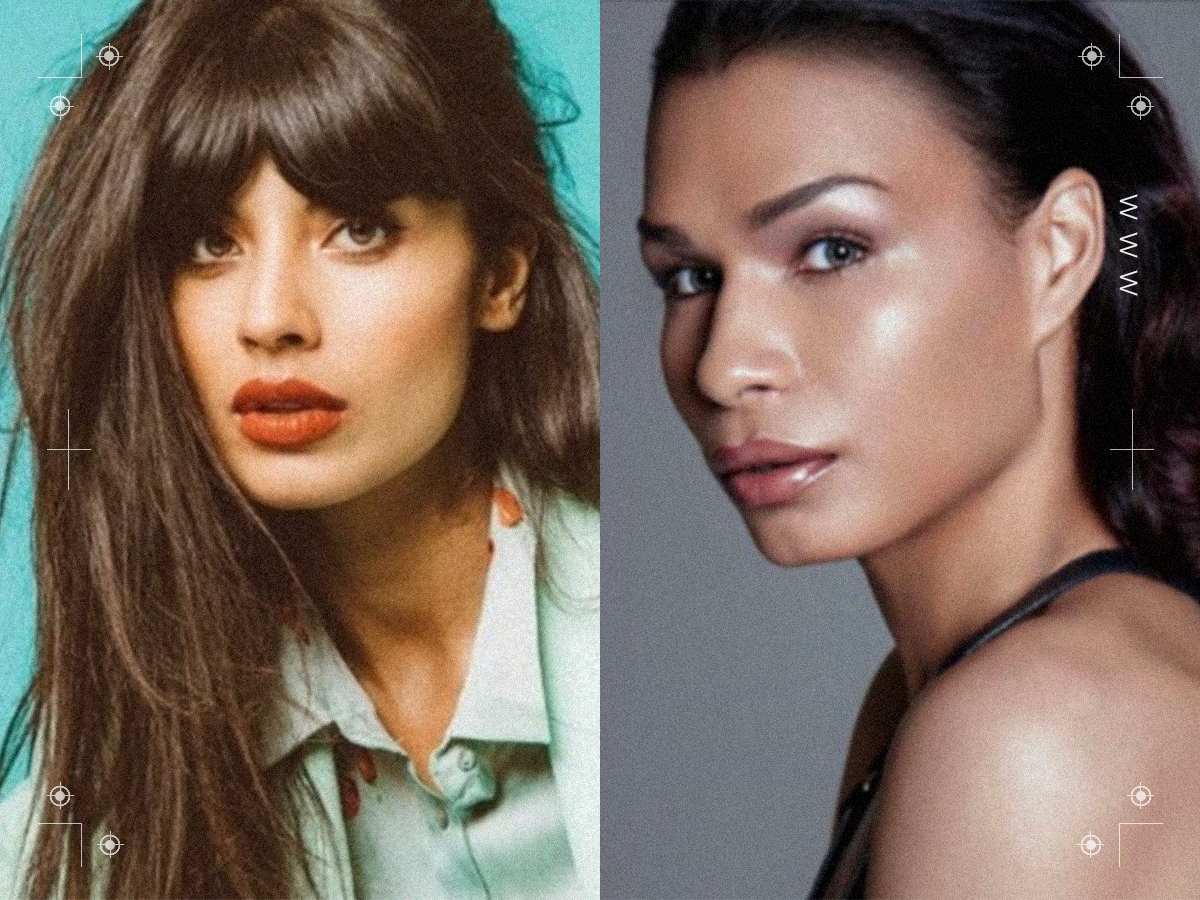
If you're going to title a show Legendary, you damn well better cast a group of celebrities who fit the bill. HBO Max did just that with the featured group of judges on the voguing reality competition series. Included in the lineup are this week's guests, Jameela Jamil and Leiomy Maldonado. The former you'll recognize from her hit role as Tahani Al-Jamil in The Good Place. The English actress has become even better known for her work off the screen as an advocate for body positivity, mental health awareness, the LGBTQ+ community, and other marginalized groups.
Meanwhile, Maldonado, better known among her peers and fans as the Wonder Woman of Vogue, is a true spokesperson for the ballroom scene. Legendary's premise is based on ball culture, an underground LGBTQ+ subculture with roots in New York City that predominantly features African Americans and Latin Americans "walking" for prizes. Maldonado has been a premier member of the scene since her youth and even founded her own house, the House of Amazon. (Houses are subgroups within the community who often live together and recognize one another as a chosen family.) While she's taken on the roles of choreographer and dancer for a handful of shows and music videos prior, Legendary puts her at the judges' table to decide on a winning house each season. Hear both of the icons talk through their early struggles and share how this revolutionary show works behind the scenes in this week's episode of Who What Wear With Hillary Kerr.
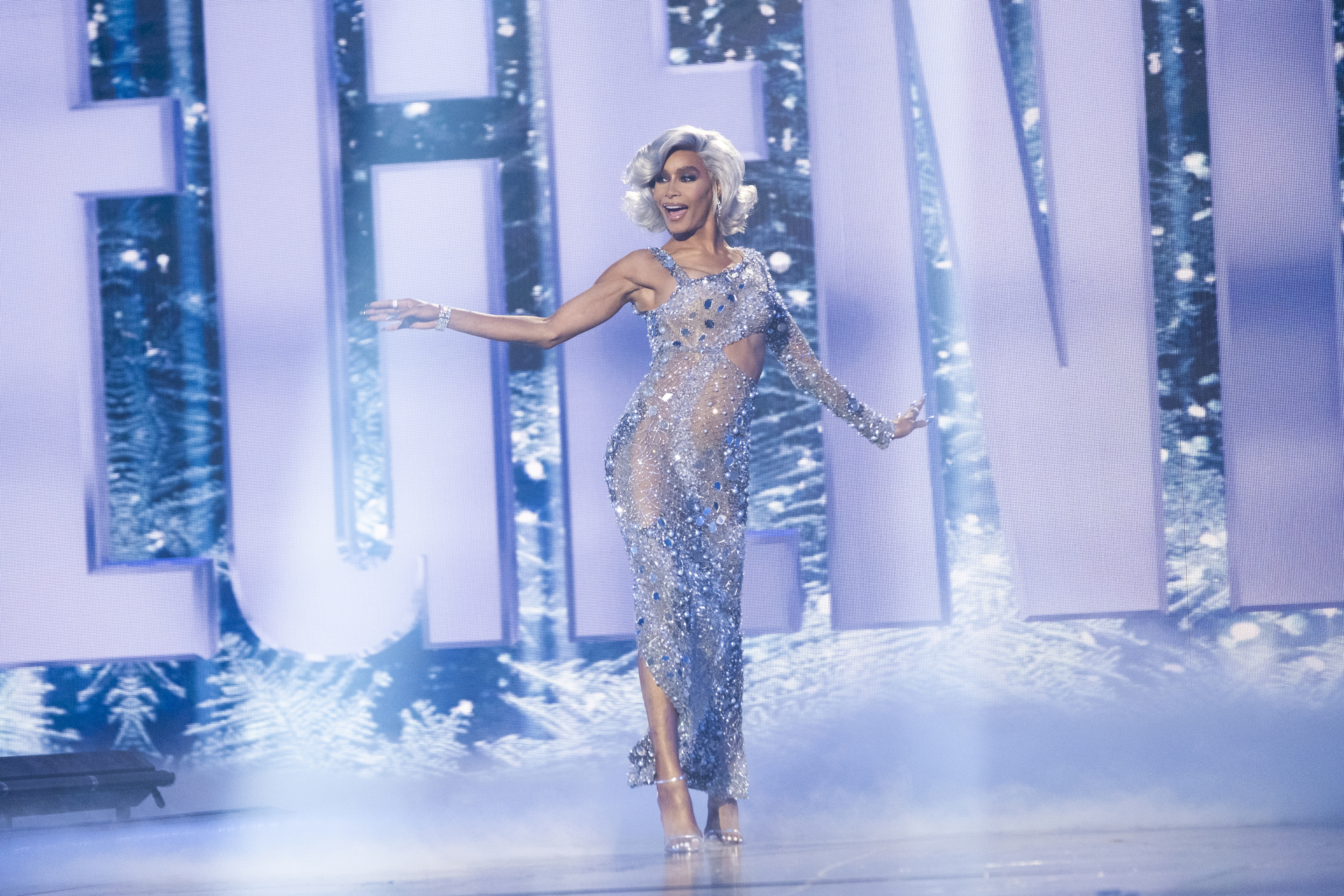
The two of you are two of the incredible judges on HBO's Legendary, in which voguing teams compete in dance challenges and showcase fashions for a chance to win a $100,000 prize and other things. Can you give our listeners a little bit of background on voguing ballroom culture and what drew you specifically to this project?
Leiomy Maldonado: I've been a part of ballroom for a very, very, very, very, very long time. Since I was 15. I fell in love with voguing overall before even finding out what the ballroom scene was and what it actually meant to the community. Experiencing ballroom was really truly me experiencing what the houses were and what it meant to be a part of a house and how important it was for each individual that was a part of the ballroom community.
The show Legendary itself is a show that brings together houses, and they're able to showcase their best and to be able to share not only their talents, but they're sharing their story. They're sharing their triumphs and their losses as well. We've connected with these people in so many different ways and that's something that the world needed to see. … I was a lost teenager born and raised in the Bronx. I was never introduced or educated on what being trans was. At the time, I expressed my femininity, but I didn't express it in a proud way. It was a natural way of expressing, and I was bashed about it and told that I was wrong and called all different types of slurs.
I feel like a lot of us all go through the same thing. When I found out about the ballroom scene, it gave me a sense of a place to be. It made me feel like, wow, I'm not the only one and that there is a community. … I finally felt at home. I didn't know how to express myself, so through voguing, I literally found confidence; I found my femininity. I also found my athleticism, something that I had to fight within the ballroom community. Being a woman of trans experience, a lot of times, we're celebrated for being feminine and for being soft and for being beautiful. I didn't feel like I had a lane with the other trans girls and within the community. Through just my passion and loving voguing and knowing that any day that I have something going wrong, I can always put a beat on and vogue it out and express myself and be okay after, that alone helped me become who I am. Till this day, I could never not Vogue or not feel the beat. I feel like it's a part of my being, it's a part of my strength, it’s a part of my vulnerability, it's a part of everything that I stand for. I feel like without ballroom, I would have been lost in the world, and honestly, I probably wouldn't even be alive.
Jameela Jamil: I've been going to balls for years in New York, and I've just always thought they were the most extraordinary showcases of athleticism, as Leiomy was saying, of dance, of music, of fashion, of makeup. It became so clear to me so quickly within going to these balls that, oh, this is where all of the scenes that we see in the mainstream are coming from. It's all being siphoned from here. You would see your cis, white fashion people in New York at these balls taking fucking notes of what the kids from ballroom are doing and then going and replicating that and sticking a price tag on that those same kids could never afford.
I think a big part of Legendary was making sure that we tell the world where this comes from. This is the genesis of everything that you love, everything that people read about, even on the pages of Vogue orBest Knockoff Luxury Clothing or anything. All of that comes from ballroom. Even the way that we speak comes from ballroom. It's so important that this community, at the same time as making sure that we protect and preserve them and their dignity and don't just capitalize them with an inch of their lives, it is also important to find a dignified and elegant way to make sure that we tell the story of vogue and tell the story of ballroom.
The reason that we wanted to make sure that this got on to HBO Max, which is why you have non-ballroom allies like myself and Megan Thee Stallion and Law Roach, is because this has to have this kind of explosive, large, high-budget, and high-exposure platform to make sure that no one leaves the show having any misunderstanding about where everything we have that is good comes from. I'm very lucky to be involved. I'm very happy to be on the outside. I take all my cues and my leadership from Leiomy. I know my place, and I'm here to be willfully used for my following and for my great, great press.
That was the main reason I signed on is that's the thing that I can bring. I can't bring expertise. I can bring some fabulous eye looks because I'm a decent makeup artist. But I can mostly bring my platform, my exposure, and use the limelight that I have been afforded because of my privilege to leverage the platform for the ballroom community. And the hope is that I get replaced one day because the show becomes so big that we create so many stars, like mainstream A-list stars, out of the contestants on our show, and they one day come and sit in my chair. That's my hope for this show.
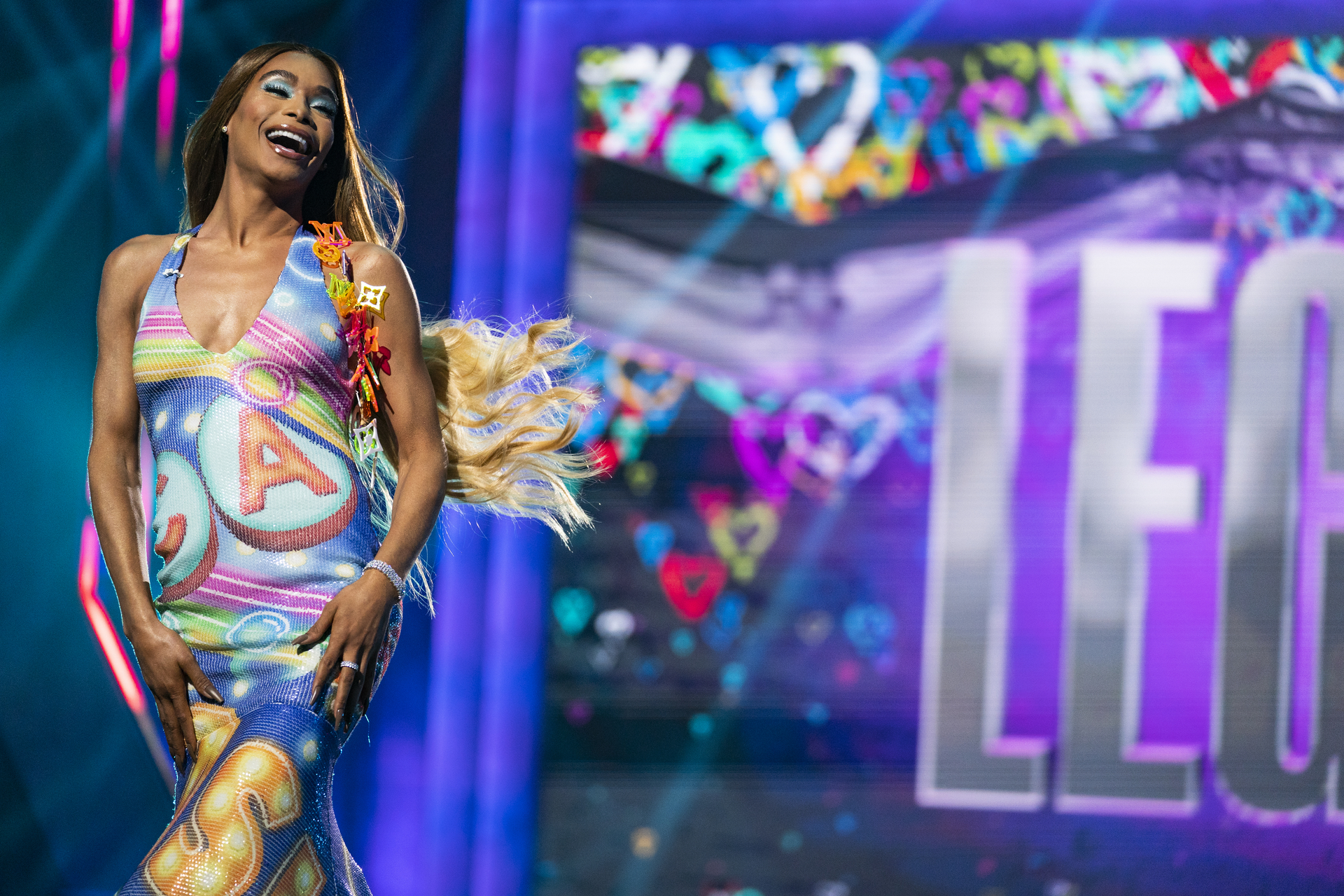
Let's talk about some of those looks from season two. There was one episode, Jameela, you had a fuchsia Christian Siriano dress, and Leiomy, you had on a blue-bodysuit situation. Can we talk about those looks? Can you tell me, how does that come together? What makes you decide this is it—this is what I'm going with?
LM: This year, for my styling, I wanted to give some ode to some iconic figures within the LGBT community as well as designers and people that I know that have done things that I wanted to wear myself. Because of the pandemic, a lot of the pieces that I wanted to actually get my hands on I wasn't able to. So a lot of stuff I had to have custom. But for that blue specific, that was inspired by Iman walking in the Mugler fashion show back in the '90s, darling, but I wanted to change the color. I felt like the cobalt blue would have been amazing on my skin. I talked about the hair and makeup, and I wanted to go with something that kind of represented the plastic look but still high fashion. I feel like that's something that's important and something that comes with ballroom a lot of times. Whatever we bring to the runway, it's in a fashion style and never looks costume.
JJ: I just fell in love with the gown, and I think it was the Tahani in me that is always, oh yes, a big over-the-top gown. What I think made that Christian Siriano dress so special was this incredible tough leather belt that Law [Roach] had put around my waist at the top, and then it was these thigh-high, like literally up to my asshole, boots that people thought were zebra-print tights, but they were fully a zip that literally went up to my butt hole. Just make them trousers; just give them a crotch. I love those boots so much. And the dress, this ballgown, was slit all the way up to my pussy. I'm being very crude on this podcast, sorry. I swear to god, Law had a challenge for me to just try to walk that runway without exposing myself to the entire world because every dress was slit up to like Bella Hadid levels. So that slit all the way up to my hip bone showed off these gorgeous 44-inch, not to brag about my leg length, zebra-print boots that were just so magical, and so it kind of brought some edge and some rock to Tahani.
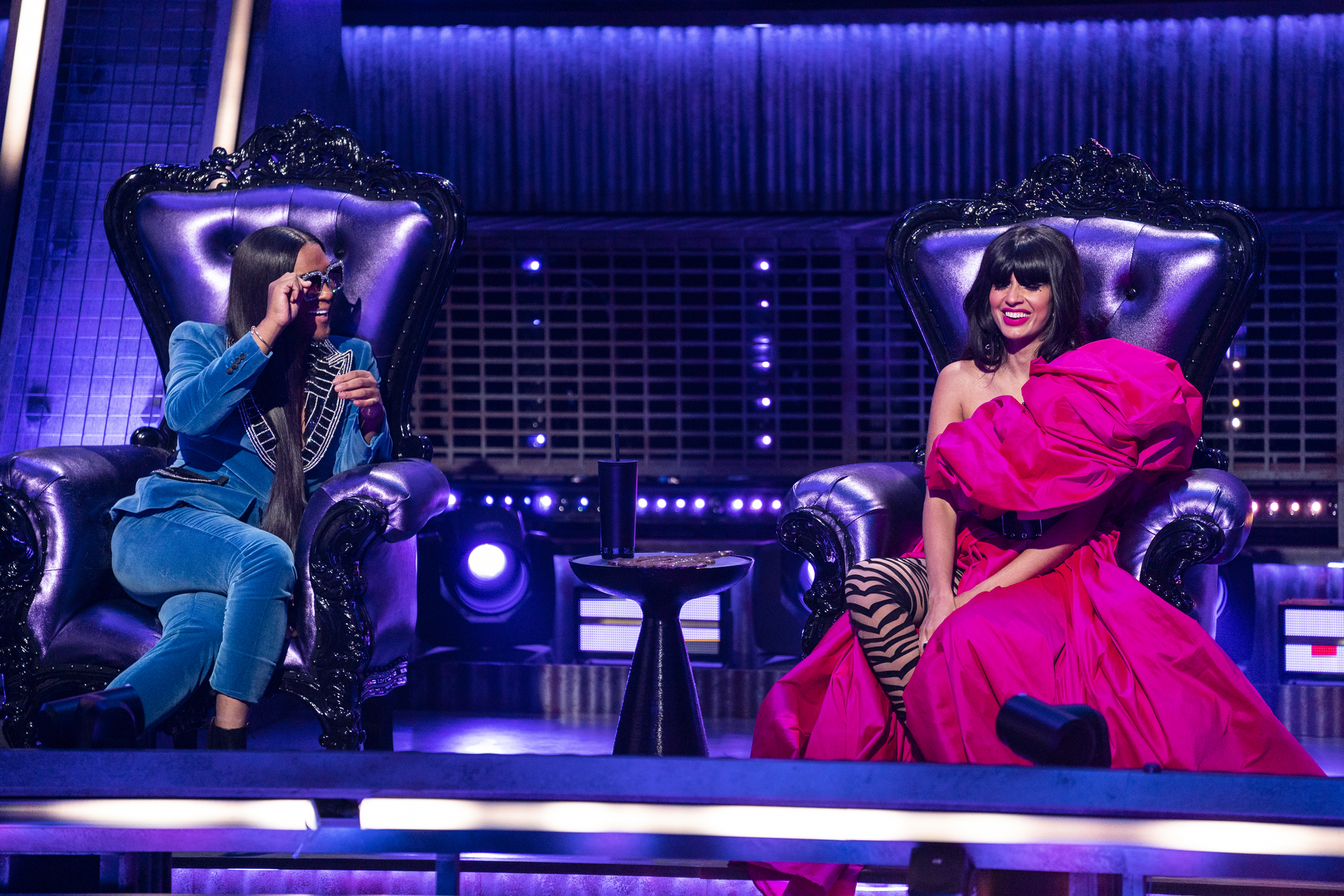
Along with RuPaul's Drag Race and Pose, this show has been instrumental in increasing visibility for this community. Obviously, we know how important representation is. I'm curious as to how you think about creating even more visibility through the lens of this show and beyond. What are some milestones that you want to hit down the road?
JJ: Give us the Emmys that we deserve. Goddammit, give the hair-and-makeup team their fucking Emmys on this show. Give Eric Archibald his Emmy. We had the director who directed the Oscars directing the show. This is an incredible show, so I think it would be really nice to see the industry recognize what we're doing and how well we're doing it. There's no competition show that looks even a hundredth as good as this show does. As ever, minorities, especially one of the most marginalized communities in the world, we don't have the luxury of the kind of traditional straight, white, cis mediocrity that gets away on television. We know that we don't have that luxury and that privilege. And so, therefore, this show, we have to be the model minority; we have to be exceptional. I believe the show is.
Seeing the industry give us our flowers, give the ballroom community their flowers, is something that feels really important to me. Not that I'm someone who really chases the critical acclaim, but we fucking deserve it. What I don't want to see is everyone start copying us and ripping us off without giving us our flowers. And I want to see the internet continue to champion our show and make sure that we spread it as far and wide as possible. I genuinely think this show has the potential to save lives because there is a kid, or there are many kids, all over the world who are watching the show who maybe didn't know about ballroom before and who didn't know about voguing or expressing yourself in a certain way, but didn't know about the concept of chosen family. They'll learn about it on this show. They will learn that maybe they won't be accepted in their home, but there's somewhere else they can go and find a new home, a new family.
This is so much more than just a dance competition. This is introducing people to a whole new world. The other final thing, in the same way that Will Grace massively changed the way that people looked at gay people, at white gay people, I would love for the show to be a part in changing the way that other people see the trans community, the queer community, the black trans community, and start to fucking finally humanize them and celebrate them.
LM: Yes, amen. And to bite off of that, I'm just hoping that this show teaches people how to love our community and respect our community and to appreciate and celebrate us not only through this dance but through life. A lot of the time, people forget how many of our trans sisters are being taken from us. And a lot of times, the community is celebrated for the talents and what we bring to the community, but when it comes to spotlighting the community for our losses, we don't get that same coverage. I hope that with a show like Legendary, it changes people's hearts. That's where we can start at—for people to change their hearts and how they view us and how they choose to love us because a lot of people, they would rather be on that hate path because it seems easier.
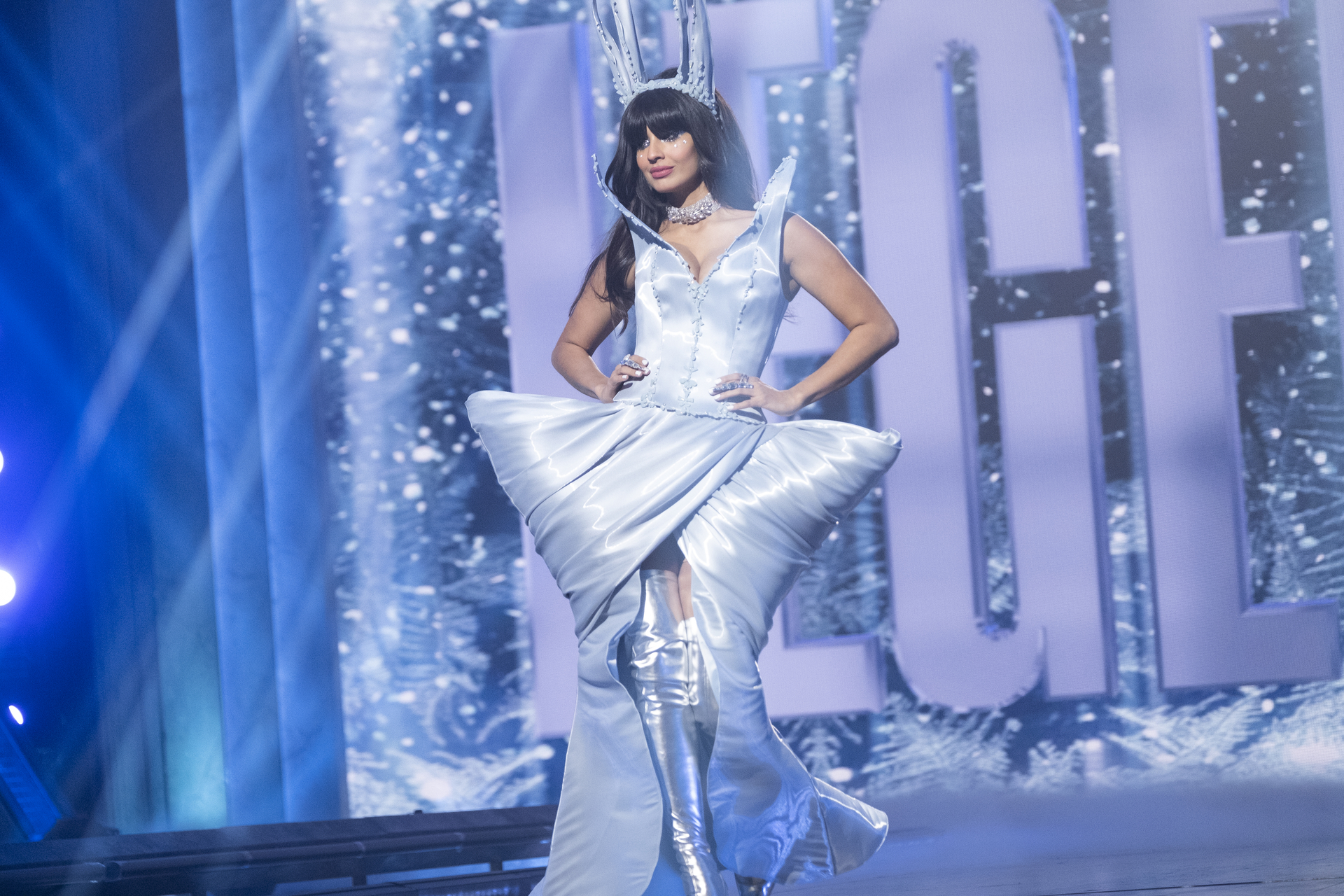
This interview has been edited and condensed for clarity. Next up, check out our previous episode featuring celebrity skincare expert Nurse Jamie.
Ray Lowe is a contributing editor forBest Knockoff Luxury Clothing . She's spent the last decade living in New York, but now that she professionally works from home, she's slowly been going back to her roots by splitting time between NYC and L.A. A year ago, she left a four-year stint as a fashion editor for Refinery29 to explore the freelance life. Nowadays, she does just about everything from penning online articles (forBest Knockoff Luxury Clothing , Refinery29, Elle, Cosmo, and many more) to writing scripts, styling, and finding ways to fuse her love for both Disney and fashion. Her main beat is fashion (trends, emerging brands, affordable finds, you name it), but you may find her dropping in with a beauty story every now and then. As for her personal style, she'd best describe it as a balanced blend of basics and contemporary trends, often with a dash of Mickey Mouse thrown in for good measure. In her spare time, she can be found coddling my pets (a French bulldog and a rescue cat), curating travel itineraries for her friends, scrolling through Instagram for up-and-coming brands, and watching so-bad-they're-good films.
-
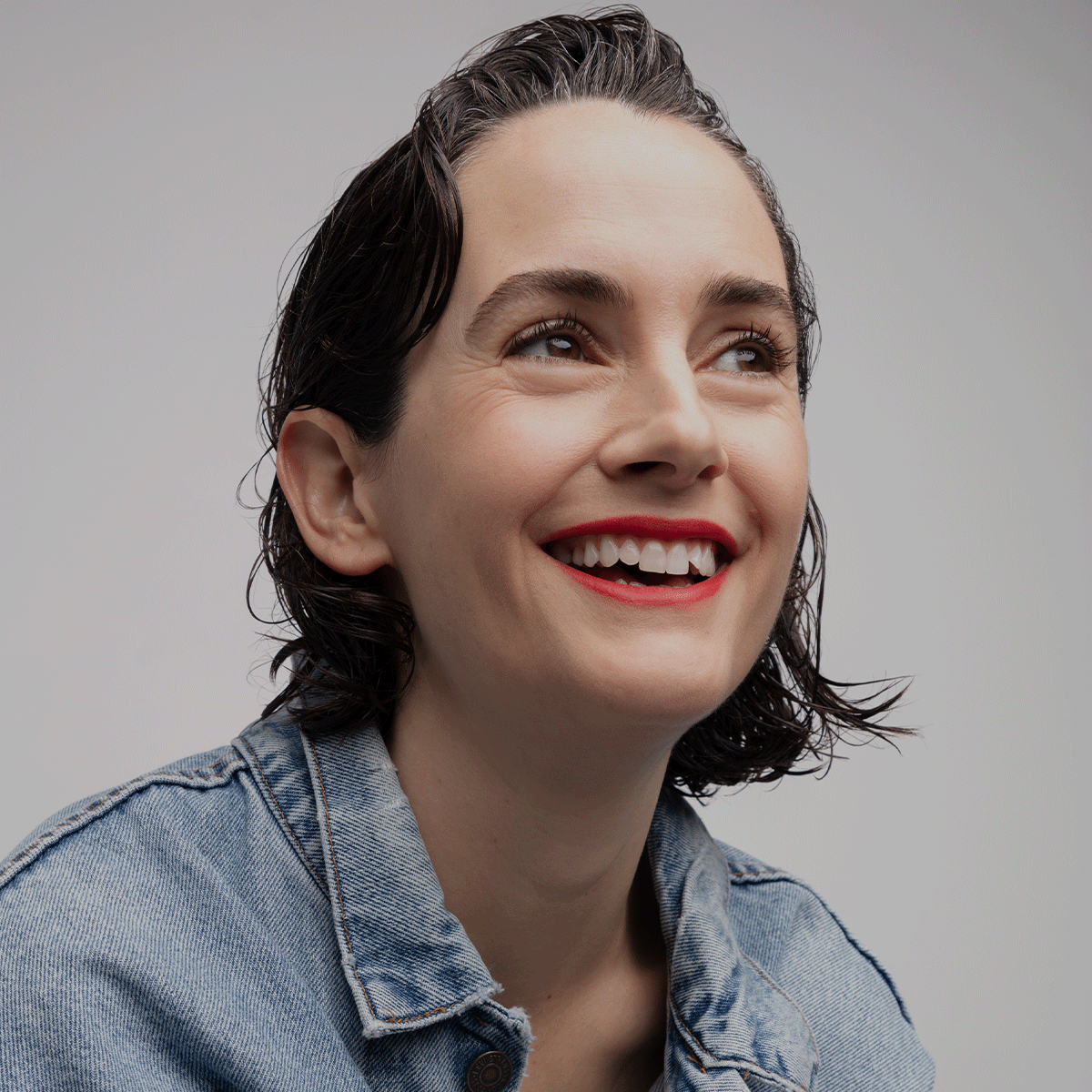 How Celebrity Stylist Karla Welch Dresses Clients for Award Season
How Celebrity Stylist Karla Welch Dresses Clients for Award SeasonPlus, Welch breaks down some of the most iconic looks she's styled.
-
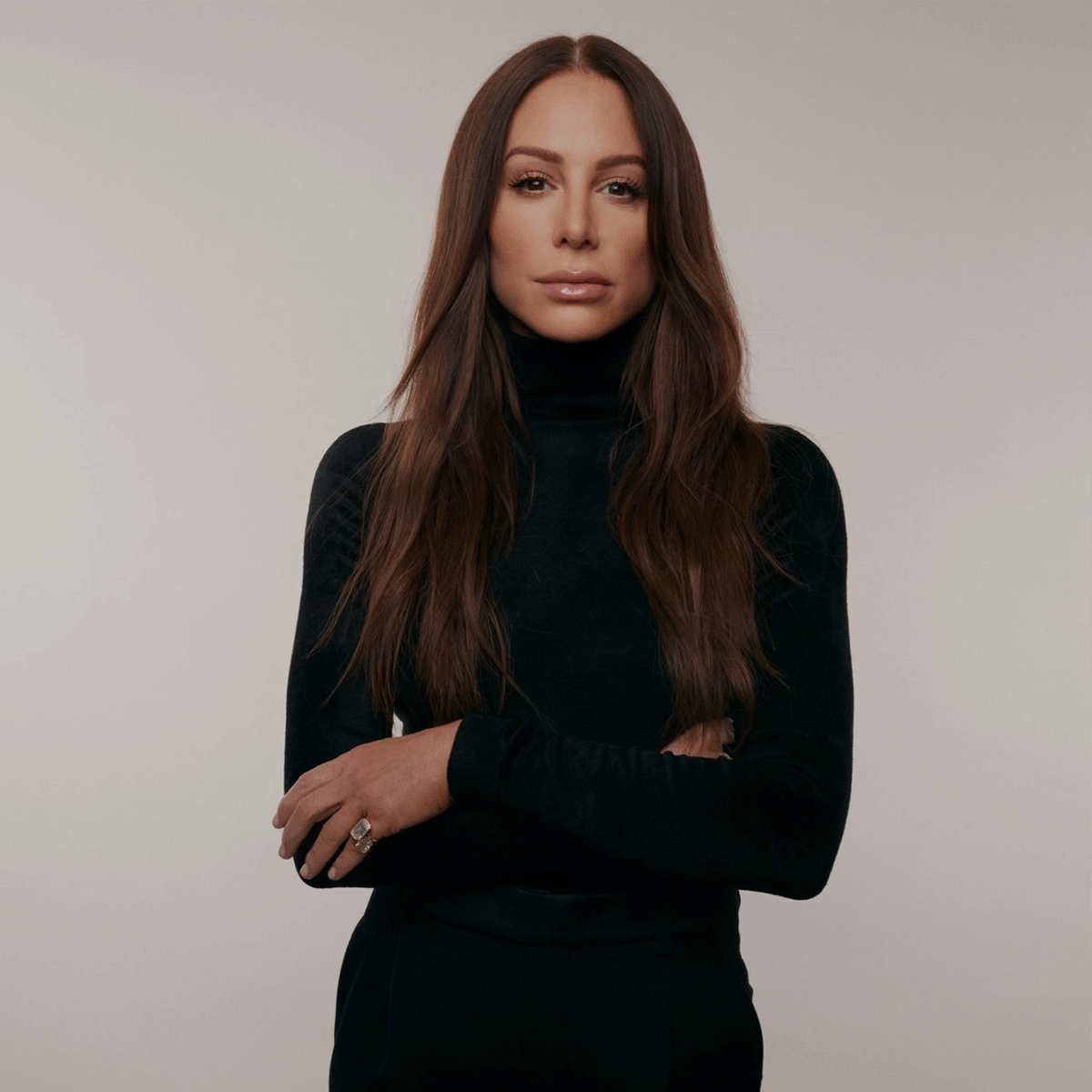 The Pieces Jennifer Fisher Is Obsessed With Right Now
The Pieces Jennifer Fisher Is Obsessed With Right NowSpoiler alert: You can never have too many pairs of sunglasses.
-
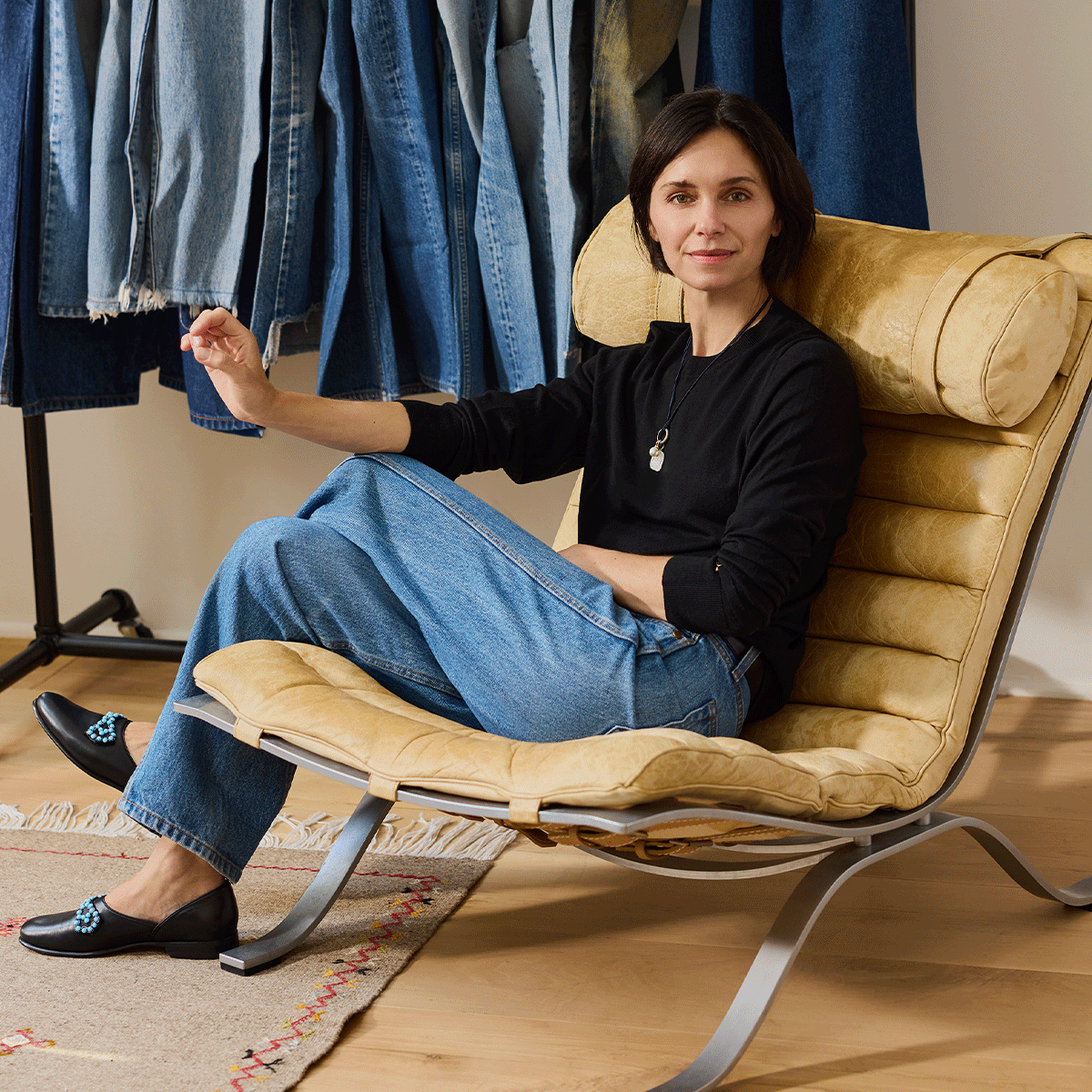 The 5 Pairs of Jeans Everyone Should Own
The 5 Pairs of Jeans Everyone Should OwnAccording to a denim expert.
-
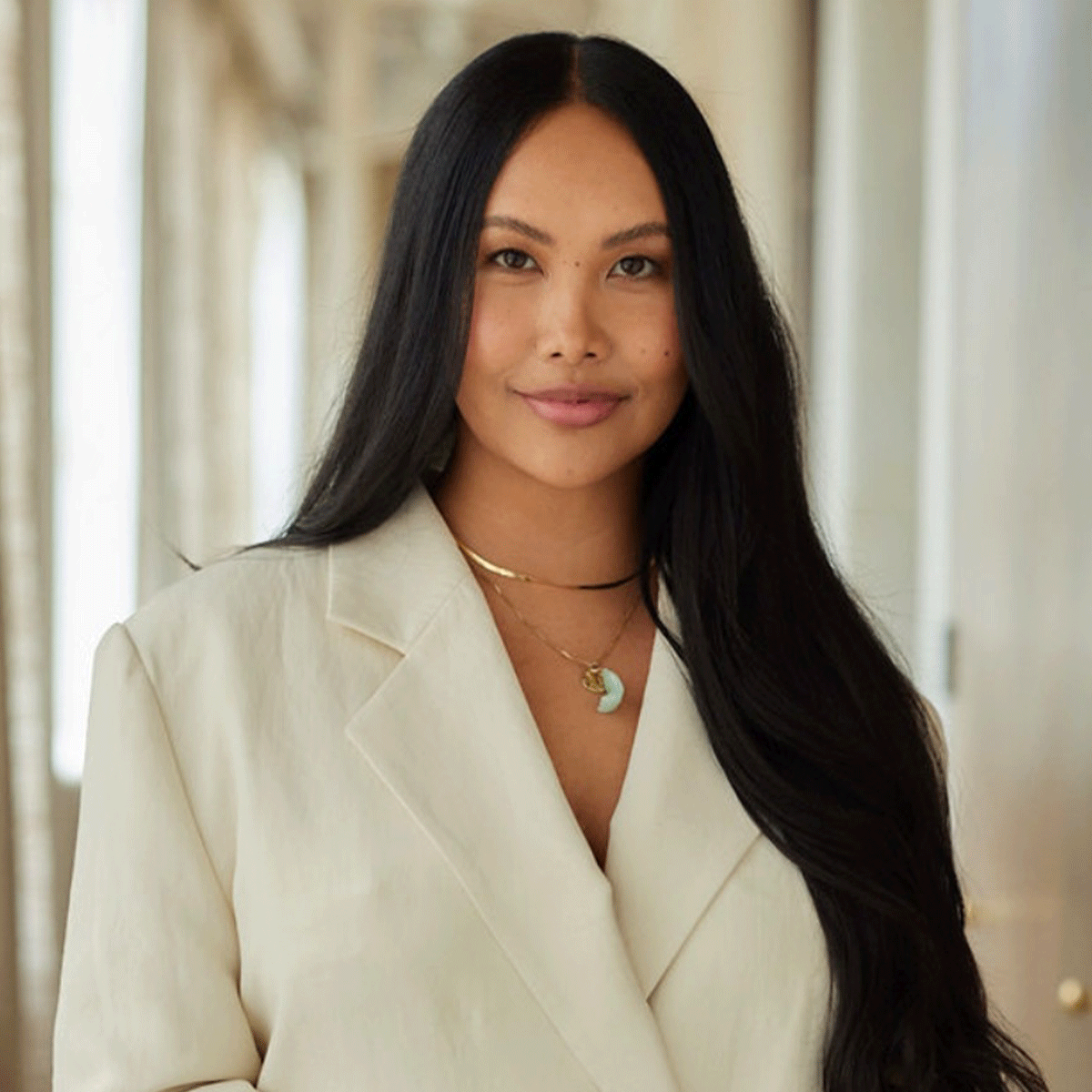 The Most Exciting Beauty Treatments to Try in 2026
The Most Exciting Beauty Treatments to Try in 2026According to an expert.
-
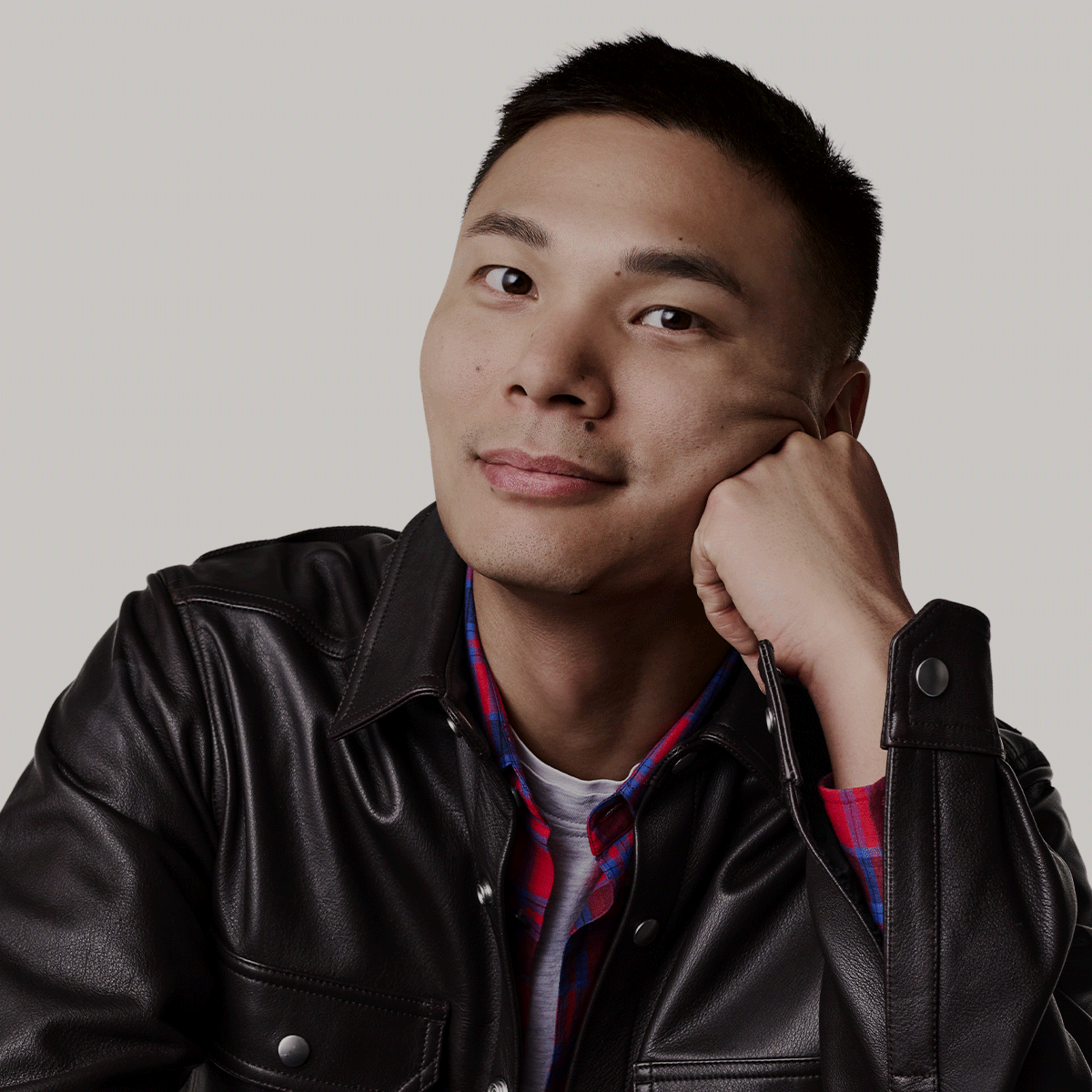 The Styles You Should Add to Your Closet in 2026
The Styles You Should Add to Your Closet in 2026According to Holt Renfrew's fashion director.
-
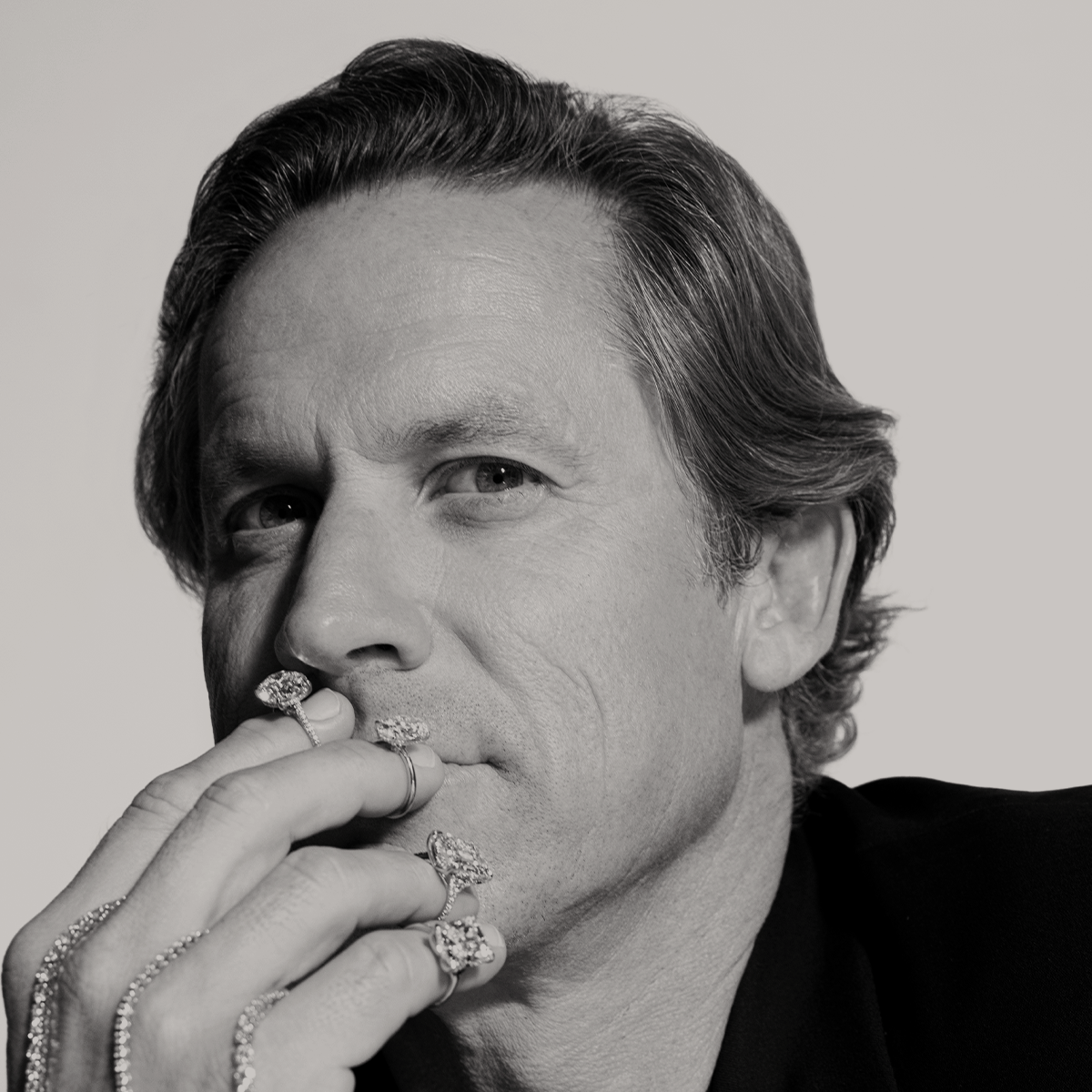 The Jewelry Essentials Everyone Should Own
The Jewelry Essentials Everyone Should OwnAccording to an expert.
-
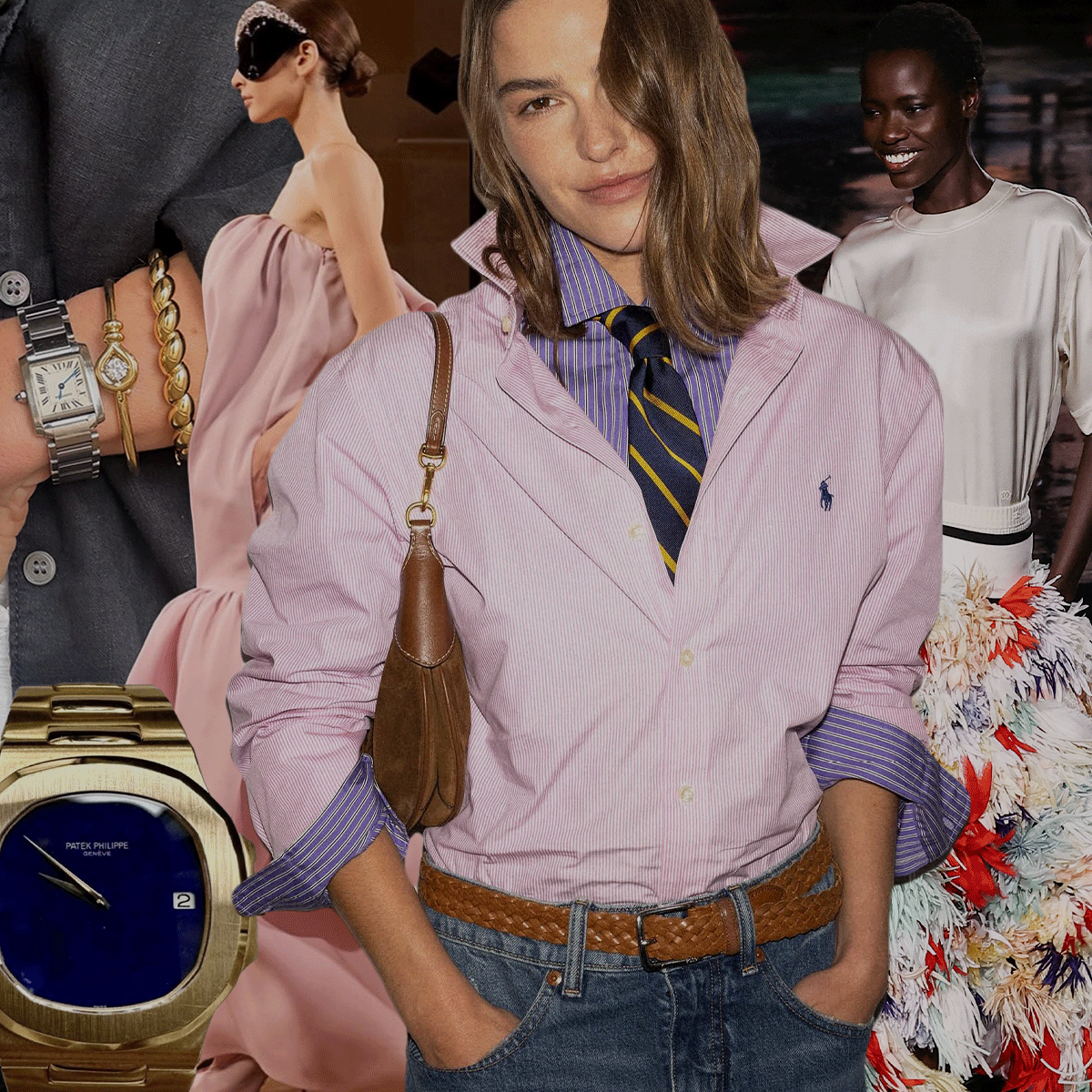 Breaking Down the 2025 Luxury Report, From It Bags to New Creative Directors
Breaking Down the 2025 Luxury Report, From It Bags to New Creative DirectorsAnd how Gen Z is getting in on the action.
-
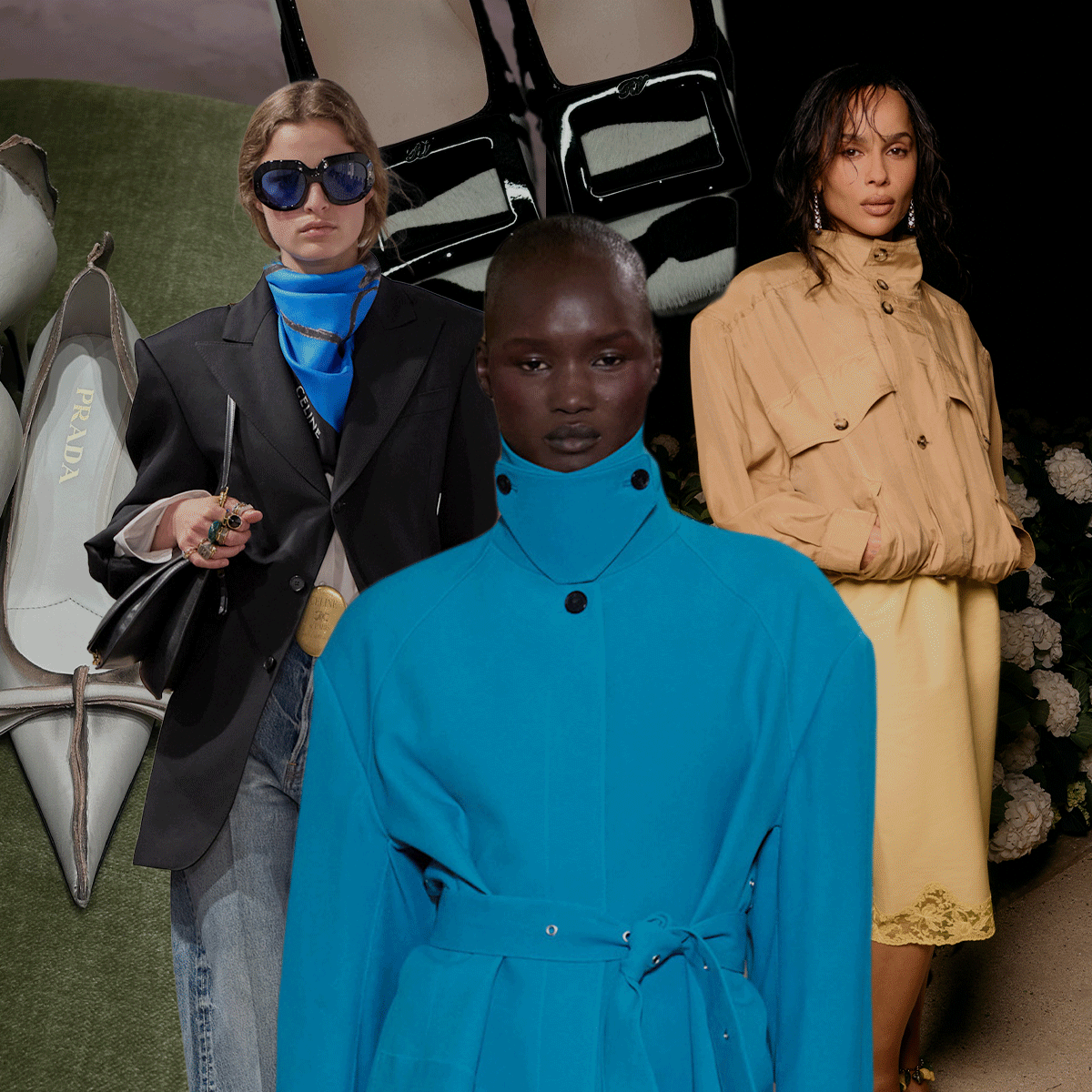 Your Download on 2025's Biggest Trends and Where Fashion's Headed in 2026
Your Download on 2025's Biggest Trends and Where Fashion's Headed in 2026Breaking down fashion's biggest moments and trends of the year.
